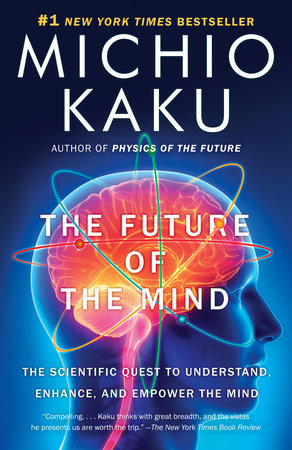ARTICLE
Is Hypnosis All in Your Head? Brain Scans Suggest Otherwise
Hypnosis has become a common medical tool, used to reduce pain, help people stop smoking and cure them of phobias. But scientists have long argued about whether the hypnotic “trance” is a separate neurophysiological state or simply a product of a hypnotized person’s expectations.









